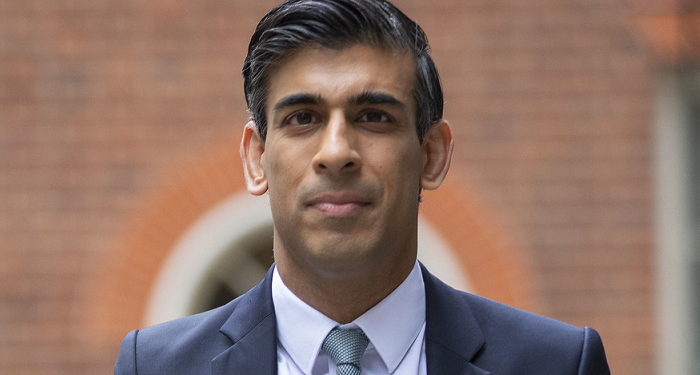Government spending on healthcare is set to increase by £30bn per year by the end of the Parliament.
Delivering his Budget speech this afternoon, chancellor Rishi Sunak revealed that while spending on healthcare stood at £133bn at the start of the parliament, and £147bn for 2020/21, this figure is set to increase to £177bn by 2024/25.
This includes an already announced £8bn for a major catch up programme that will help the NHS to provide elective care that was delayed by the pandemic.
“The NHS aims to undertake around 30% more elective activity by 2024-25 than was the case before the pandemic, after accounting for the impact of an improved care offer through systems transformation, and advice and guidance,” HM Treasury said.
“This will be supported by £5.9bn capital investment for the NHS to tackle the backlog of non-emergency procedures and modernise digital technology.”
Providing further details, the Autumn Budget documents reveal:
- The allocation of £2.3bn to transform diagnostic services with at least 100 community diagnostic centres (CDCs) across England to permanently increase diagnostic capacity. The CDCs will act as new one-stop-shops for checks, scans and tests (such as MRI, CT scans and ultrasounds).
- An investment of £2.1bn for “innovative use of digital technology” so hospitals and other care organisations are as connected and efficient as possible so that NHS staff time can be freed-up.
- £4.2bn to make progress on building and upgrading hospitals.
- £1.5bn for new surgical hubs, increased bed capacity and equipment to help elective services recover, including surgeries and other medical procedures.
- £300m to complete the programme replacing mental health dormitories with single en suite rooms.
- A new budget of £150m to invest in NHS mental health facilities linked to A&E and to enhance patient safety in mental health units.
The document also sees government commit to continuing to invest in and transform the Medicines and Healthcare products Regulatory Agency (MHRA), which it said played a crucial role in the approval of vaccines during the pandemic.






